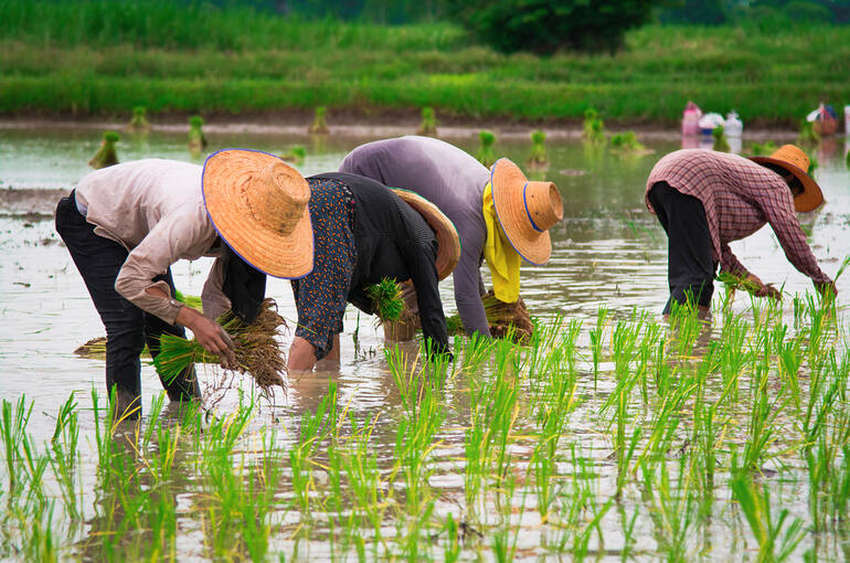
The Ministry of the Interior has clarified that Thailand’s new policy to grant to 483,000 foreigners a Thai passport and full citizen rights isn’t tailored for western expats. Following a government announcement earlier this week, some longterm westerners wrongly believed that a new residency opportunity had arisen for them. Retirees from UK and USA began phoning the immigration bureau for registration details and some even assumed that the move was connected in some way to taxation on overseas income transmitted to Thailand.
In fact, the new policy is exclusively aimed at immigrants, their children and ethnic minorities from neighboring countries (Myanmar, Laos, Cambodia) who have been living here, often stateless, for decades. Some even arrived in the aftermath of the American wars in south east Asia which ended with the fall of Saigon, Phnom Penh and Vientiane in 1975.
Ms Trisulee Traisanakul, secretary to the interior ministry, said that the majority of those identified were from Myanmar or were stateless from the so-called Highlands in unchartered or disputed border regions. The general idea was to help the immigrants obtain a proper legal status, stimulate the economy and make it easier for the identified groups to work legally.

Because of the steep decline in the birth rate, Thailand faces a very serious fertility crisis as the numbers of elderly increase dramatically whilst the working population shrinks year by year. By 2074 the native population will have shrunk by over 50 percent to around 30 million.
The Thai Department of Provincial Administration has long conducted research into the targeted immigrant groups and, where necessary, will allow self-certification in the filling in of citizenship application procedures. Thai citizenship includes the right to vote in elections and hold land in their own name.
Thai citizenship is governed by the Nationality Act of 2008 and is basically an invitation. The route for westerners is usually via permanent resident status which requires a successful history of legal employment in Thailand and/or valued contributions to Thai culture and society. The process of granting Thai citizenship is detailed, usually slow and heavily discretionary. None the less, sorting out the issue of immigrants from neighboring countries, together with their stateless children born in Thailand, has long been a government priority. This is now being seriously addressed.









